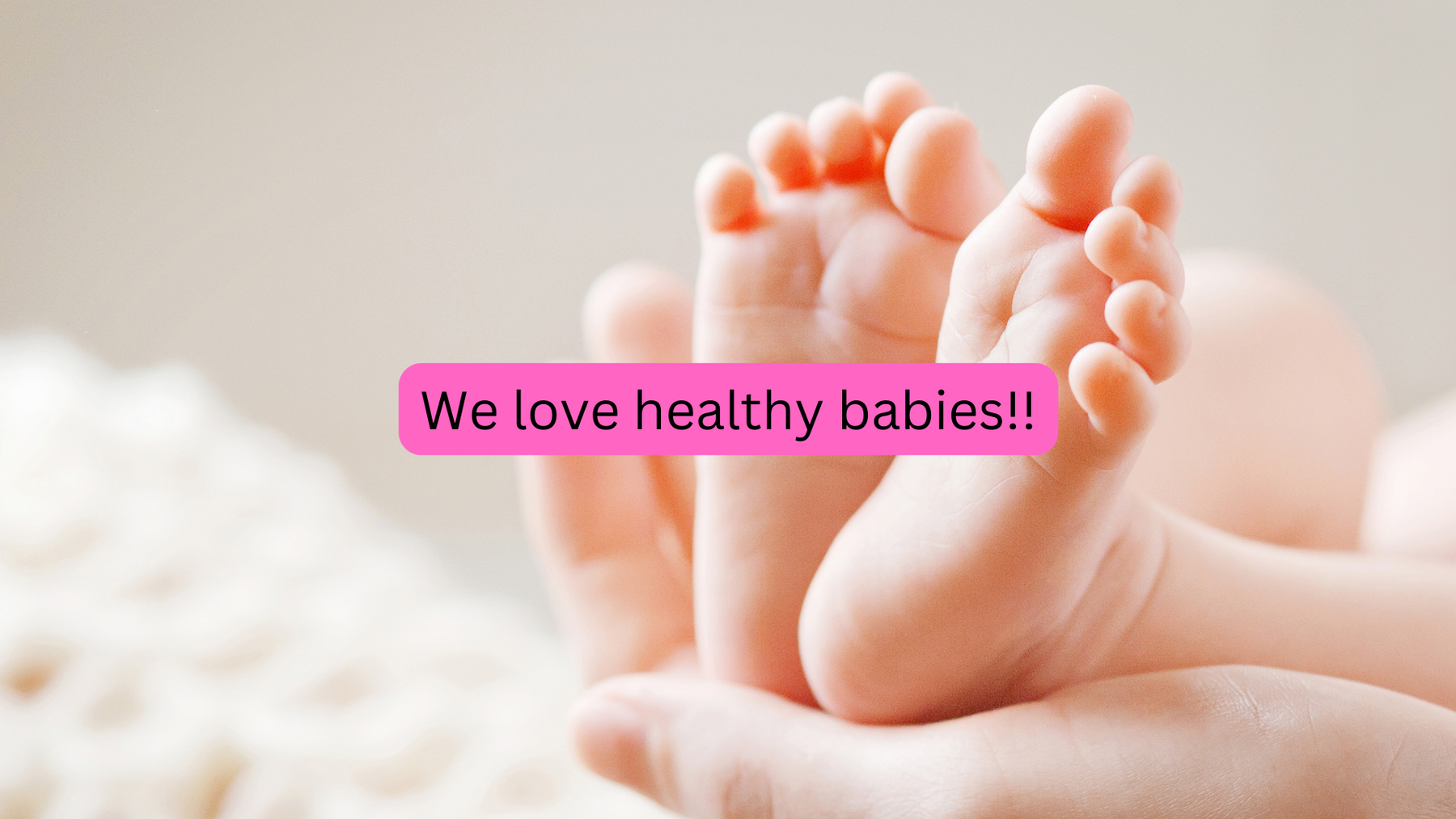
What to Watch Out for with Your Newborn's Health
Infants are more susceptible to illnesses than the average adult or adolescent. Babies' immune systems are still developing, leaving them vulnerable to pathogens that would otherwise not affect a person with a more developed immune system (John Hopkins). When raising an infant, it is paramount that special care is given to the child to ensure that the infant’s health is a top priority. To catch certain illnesses before they seriously affect your infant’s health, you must know the signs. This article will review certain indications that signify that your child might be suffering from a sickness.
Breathing
It may seem obvious, but many of your infant’s symptoms can go undetected if the proper signs are not recognized. Babies often cough, but if the newborn’s coughing becomes more pronounced or occurs quite frequently it could be a sign that the baby is suffering from a respiratory illness. It is essential that the breathing patterns of your newborn are monitored to ensure that your baby stays healthy. To help with your newborn’s breathing using a humidifier can help your baby’s breathing by ensuring that your baby is breathing in clean air. Miro humidifiers offer the most technologically advanced humidifiers on the market with options like the NR08 Series or the MH7000, which is equipped with UV technology that can kill the pathogens that could affect your child.
Feeding
The feeding patterns, especially for newborns, are quite variable. However, certain signs in your newborn’s feeding routine can indicate certain illnesses. If your baby suddenly refuses to eat or frequently vomits, it can be a sign that your baby is suffering from a particular disease. Ensure that your baby is eating or feeding regularly, and be on the lookout for any changes to their eating habits.
Skin
A newborn’s skin is quite sensitive– meaning that care must be given to your newborn’s skincare to ensure that the baby is not suffering from any skin conditions. Common newborn skin conditions like rashes and slightly red skin coloration are quite normal for newborn infants and disappear quickly (Kurtz.) A sign that can be indicative of something serious can be a bluish or gray skin coloration on your infant. This can be a sign of a severe illness that would require immediate medical attention. The development of a soft spot on your infant’s head would require immediate medical attention. A simple step that you can take to care for your newborn’s skin is to only use products that are made for infants and always consult with your doctor before applying anything to your newborn’s skin.
Sleep
Infants sleep a lot. This doesn’t mean, however, that a newborn’s sleeping pattern should not be carefully monitored. Babies typically average between 14-17 hours of sleep a day. If you find your baby is sleeping for more than average, it could be a sign that the baby is suffering from some sort of pathogen. Seek medical attention immediately if your baby is unresponsive during their sleep.
Temperature
Your infant’s temperature can be a key indicator of their health. Newborns are much more sensitive to temperature changes than developed adolescents or adults. The ideal temperature for your baby should be around 97.7 degrees Fahrenheit (Stanford Medicine). Just a one-degree change in your infant’s body temperature can drastically affect the oxygen intake of your baby. Taking measures to maintain the ideal body temperature for your newborn infant is a dependable way of protecting your baby’s health.
